22 October 2024
Advocates for justice
Toluwanimi Jaiyebo-Okoro
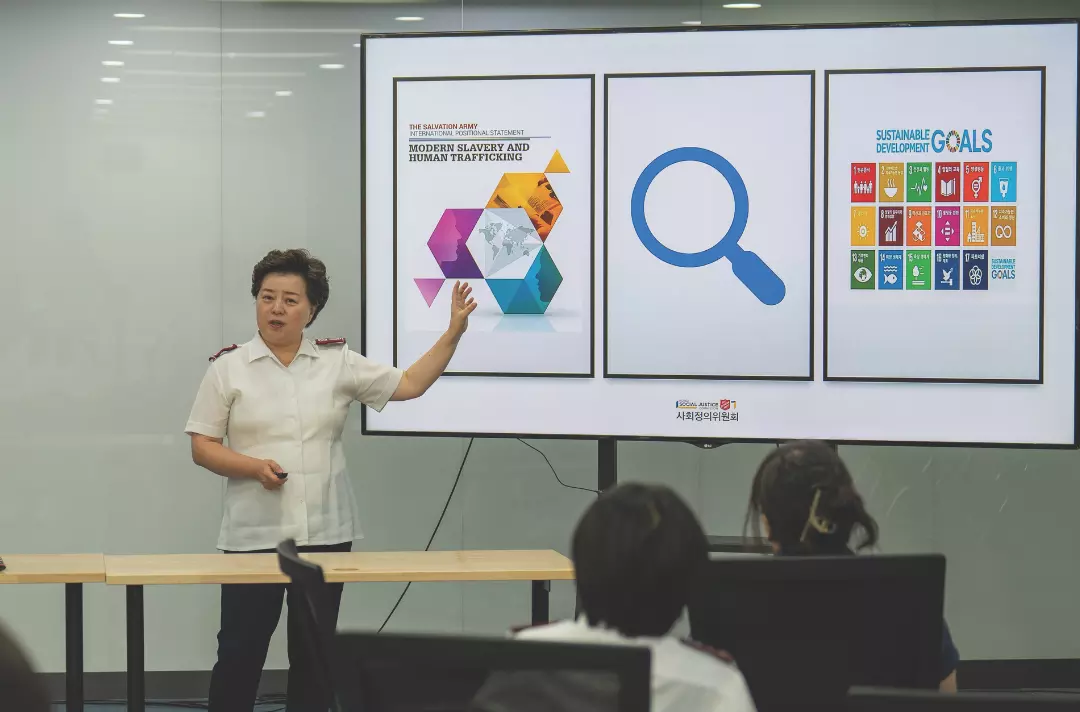
Toluwanimi Jaiyebo-Okoro explains how the Army is fighting human trafficking around the world.
National Contact Persons (NCPs) form a key part of The Salvation Army’s international programme to combat human trafficking. Often an additional appointment for a Salvation Army officer, the role involves being the designated ‘point person’ to respond to modern slavery and human trafficking in their territory.
NCPs are grouped geographically by zone: Africa, Americas and Caribbean, Europe, South Asia, and South Pacific and East Asia. These zonal networks provide opportunities for NCPs to connect, share best practice, undertake training and learn from one another.
- Based on an article originally published in the autumn 2024 Develop magazine, published by the International Development UK team.
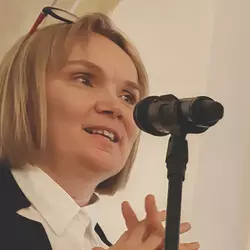
Edina Tóth
Switzerland, Austria and Hungary Territory
In 2014, I was approached by the then national leader to develop The Salvation Army’s anti-trafficking response in Hungary. For the 10 years preceding this, I had been working in a Salvation Army home for women and children who had experienced abuse.
In Hungary, our anti-trafficking work falls within three areas: prevention, intervention and reintegration. We hold prevention workshops for Salvation Army officers and staff, as well as present our work and share our experiences with congregations, schools and professional forums.
Since January 2017, we have organised a weekly street outreach service in the tolerance zones of Budapest (designated areas where the sex trade is legally permitted under regulated conditions). In 2019, we opened a four-bed shelter that has also provided psychological counselling since 2021.
Our goal is to create a safe space where women can be heard. It’s about offering empathy, understanding and unconditional acceptance.
This work is challenging, but it’s also deeply rewarding. Success might be different for each person we meet, be it a deep and honest conversation, keeping a job, working with a psychologist, completing studies or resolving personal issues.
The women we encounter often feel isolated from the world and every interaction is a chance to connect. Guided by hope and resilience, we persist and pray that, through our conversations, the victims and survivors we meet would recognise their own worth and that the Kingdom of God is within them.
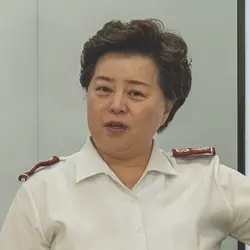
Lieut-Colonel Jin-young Ma
Korea Territory
I have been an NCP for almost two and a half years. I first became involved in anti- trafficking work when I was appointed as liaison for the International Social Justice Council.
The response to human trafficking in The Salvation Army in South Korea has been limited to social service facilities that specialise in sex trafficking, and prevention training for Salvation Army personnel remains an area of development.
My role involves raising awareness in a variety of ways. This includes encouraging participation in the International Day of Prayer for Victims of Human Trafficking in September and conducting awareness training. I also plan and support response projects.
People’s general perception is that human trafficking has nothing to do with them, their families or their faith communities, and that the work to combat it is that of professionals. Without a change in perception, there is no hope for action.
The opportunity to meet and collaborate with response practitioners and national counterparts from organisations within and outside the Army has been particularly valuable.
Furthermore, I have been able to provide awareness-raising training for Cambodian cadets, as well as meet and collaborate with domestic specialised response organisations, such as Chab Dai.
Prayer for victims of human trafficking and their families must be an ongoing priority, and for the development of activities that faith communities can do to prevent human trafficking and serve victims.
Written by
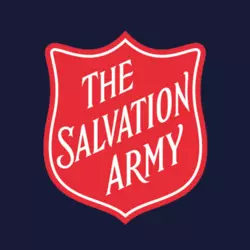
Toluwanimi Jaiyebo-Okoro
Senior International Project Advisor, THQ
Discover more
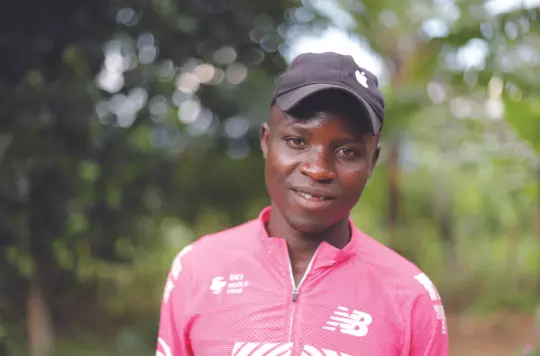
Hayley Still introduces the 2024 Helping-Hand Appeal.

Find out how you can stand in solidarity with survivors this Anti-Slavery Day (18 October) and beyond.
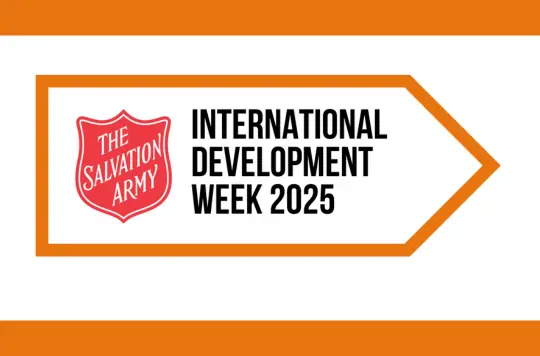
This year you're invited to join with us on a devotional journey based on the Sermon on the Mount and reflect on current global issues.
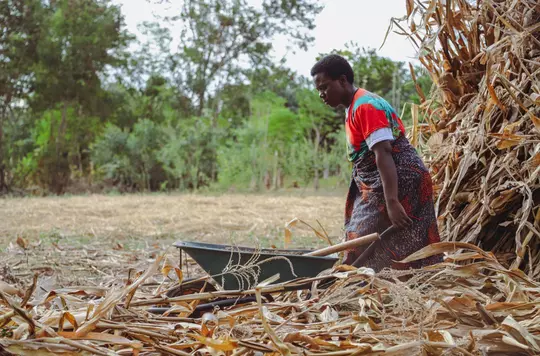
Connecting Salvationists around the world so that we can learn from and support one another.